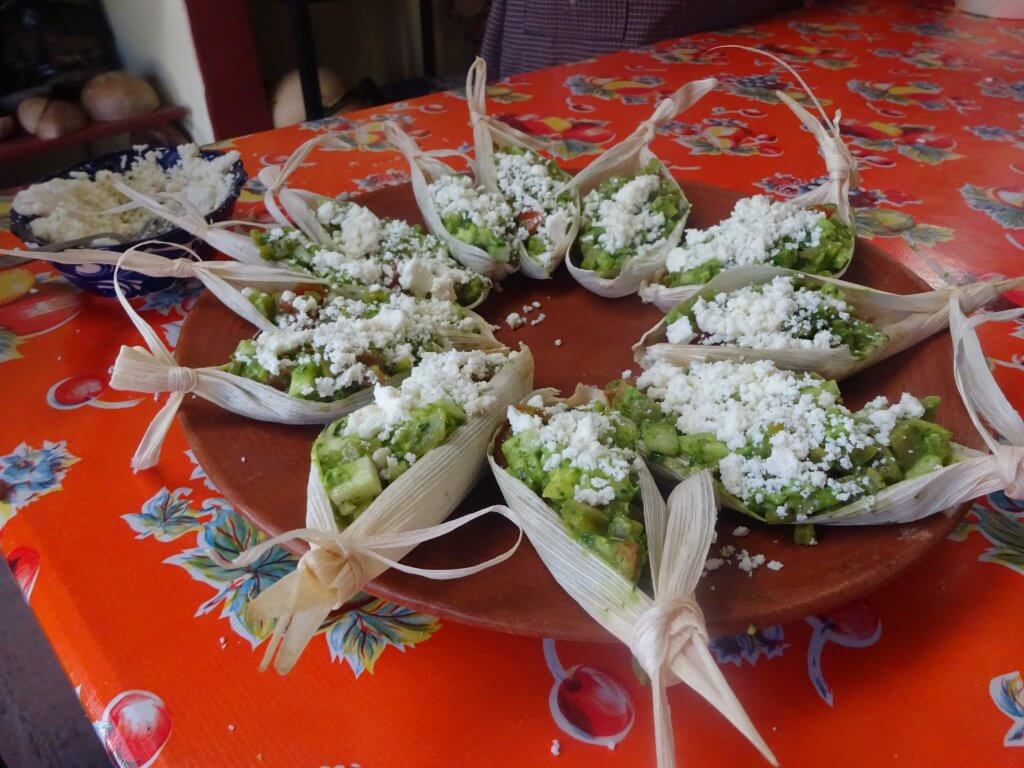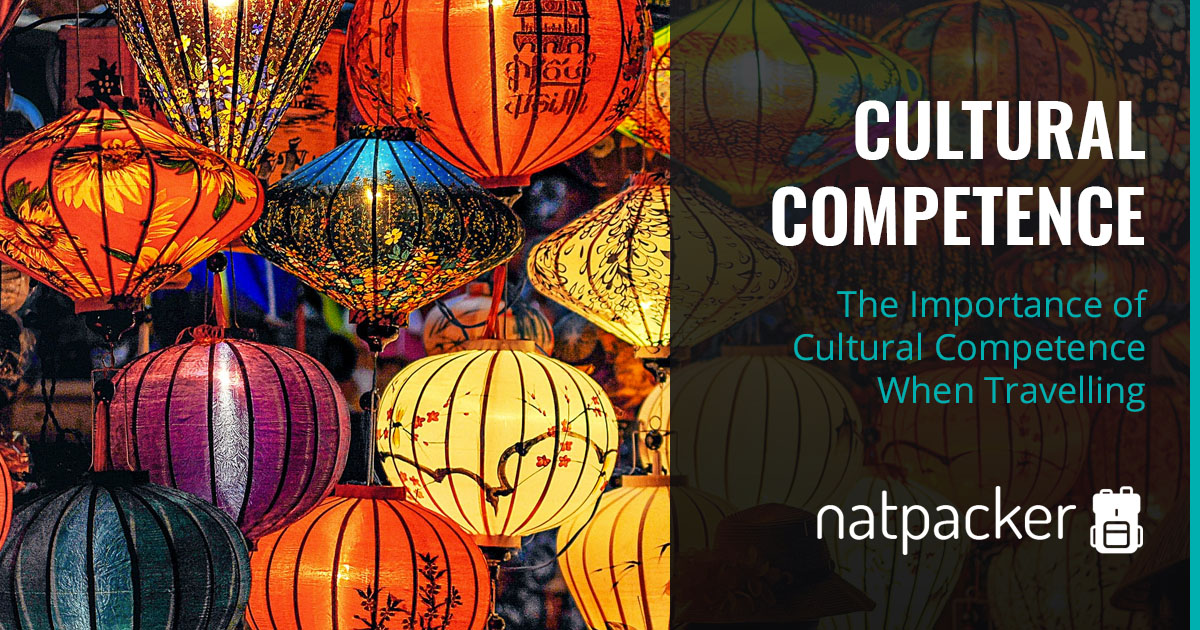Discovering the culture of a place is part of travelling. But it’s also important to be respectful of other cultures, even when they have beliefs that are at odds with your own. In this guest post, Beau explains the importance of cultural competence when travelling.
Visiting other places can be a fascinating experience. Still, it can also be fraught with opportunities to offend others — especially if you don’t prepare to interact with other cultures in the first place.
Why Cultural Competence Matters
Cultural competence enables you to be both aware of and respectful of other cultures. It also allows you to interact with different cultures in a manner that is inoffensive. Cultural competence has many benefits:
- It expands your worldview: The simple act of socializing with other cultures can broaden your outlook and open your eyes to things new things.
- It helps you survive culture shock: Culture shock can be particularly jarring if you’re not ready for it. But, if you’re culturally competent, you can view a change in your culinary options, for instance, as a chance to try new foods.
- It allows you to develop your soft skills: Interpersonal skills like effective communication are all sharpened each time you competently interact with another culture.
- It gives you a desire to seek things outside of your comfort zone: Cultural competence encourages you to seek out tours, landmarks, and other experiences that hold particular value for local populations.


See the Chance To Try New Foods As A Opportunity
3 Tips to Become More Culturally Competent
While it’s easy to understand why you should be culturally competent, becoming so can be a bit more challenging. Here are three tips to help you span the cultural competence gap as you travel.
1. It All Starts with Your Attitude
Your attitude is the foundation of your cultural competence. If you travel with a chip on your shoulder, you’ll find it very difficult to relate to locals with any success.
A genuine, culturally competent attitude takes intense introspection, the same kind that a nurse needs to work with patients from different cultures. If you can establish that, you’ll be much better off as you travel.


Experience Things You Wouldn’t Normally When You Travel – How About A Shakespeare At The Globe?
2. Develop Your Cultural Skills
Along with having the right attitude, it’s essential to develop your cultural skills. One of the most important of these is adaptability as you move from one place to the next.
If you run into a custom or rule you weren’t expecting, adapt to the local culture rather than expect it to bend to you.
3. Build Your Cultural Knowledge
Before you even board the plane, research your target cultures. Even something as minor as local exchange rate knowledge can yield more than financial savings. It can also give you insight into what a culture has experienced in the past.
Knowing that the Old Romanian Leu was replaced with a 10,000 to 1 “new Leu” in 2005 sheds light on the dire straights that inflation wreaked on the economy up until the mid-2000s. In other words, every bit of knowledge can help you build a more significant cultural picture.
Crafting Cultural Competence
While it takes some work, developing cultural competence is an excellent way to help your travels go well. Not only will a respectful, informed attitude help your interactions with locals go smoothly, it will also provide a more profound sense of reward as you learn about each culture you visit.


2 Comments
Nat, I really found your blog very interesting. I love the topics you touch on. This one here is very important. It really makes or breaks a travel experience. Well said (and done). Thanks for all the other useful info (posts).
Hi Maria, thanks for your compliments. I can take no credit for this one though as it is a guest post. Glad you enjoyed it and I hope you enjoy the rest of my blog!